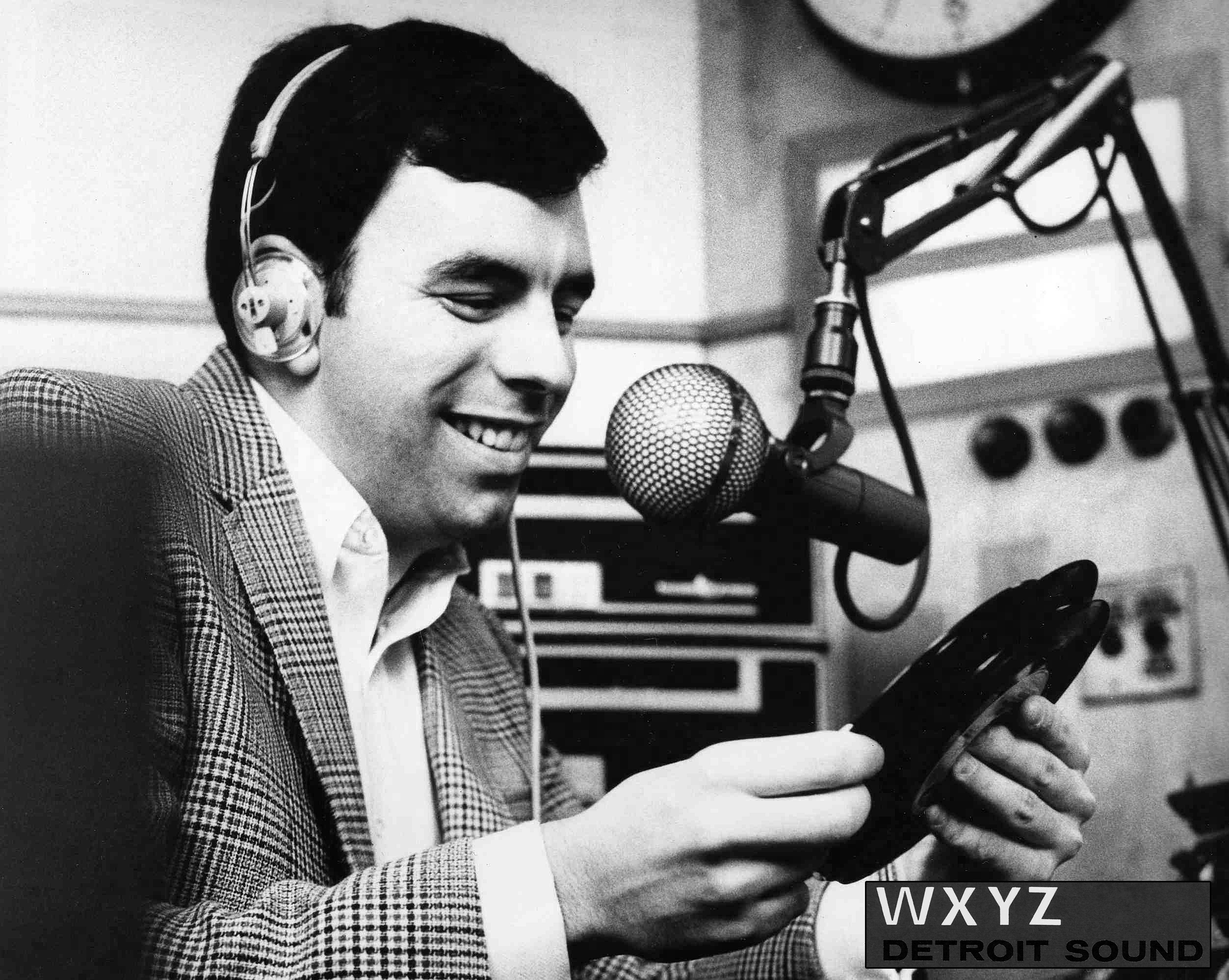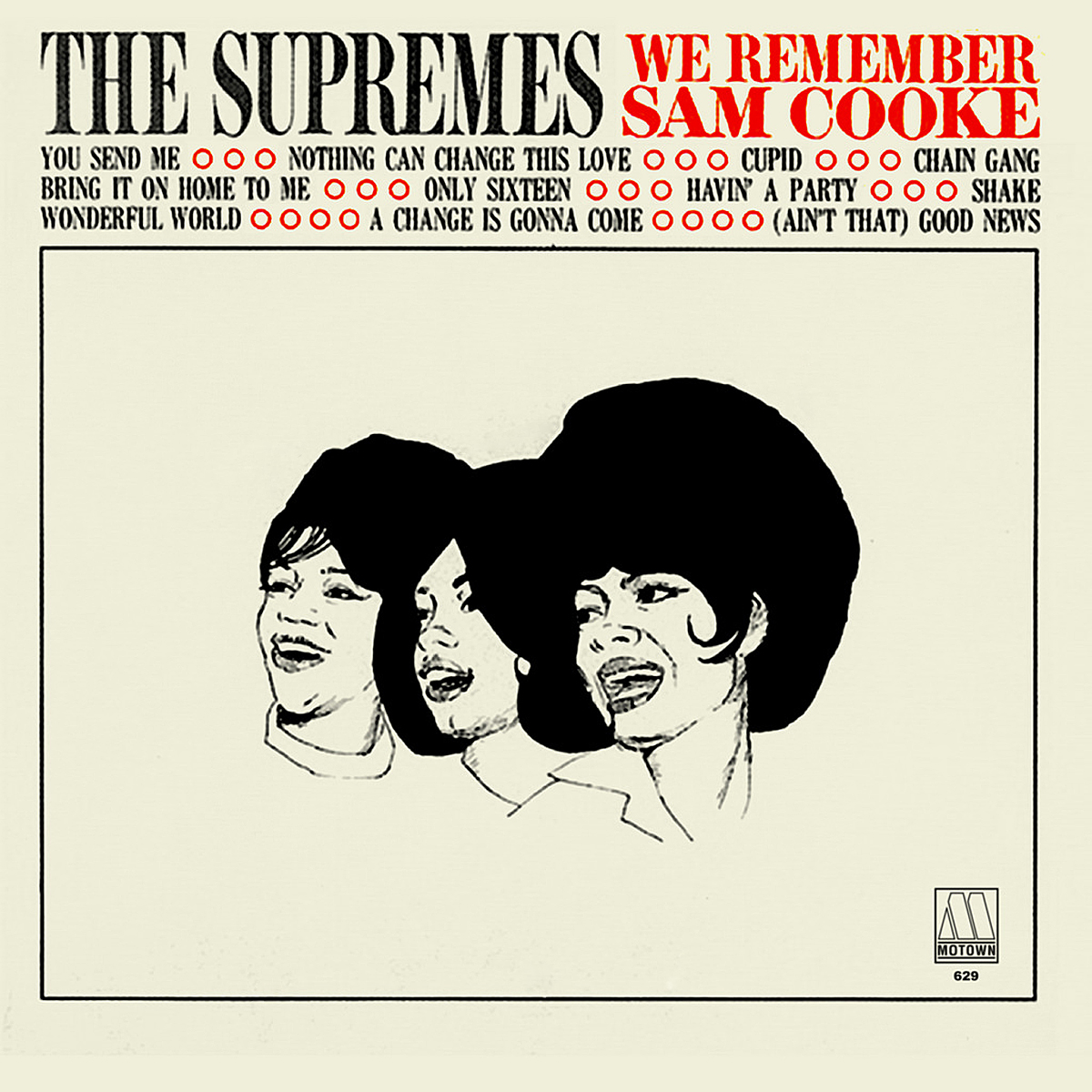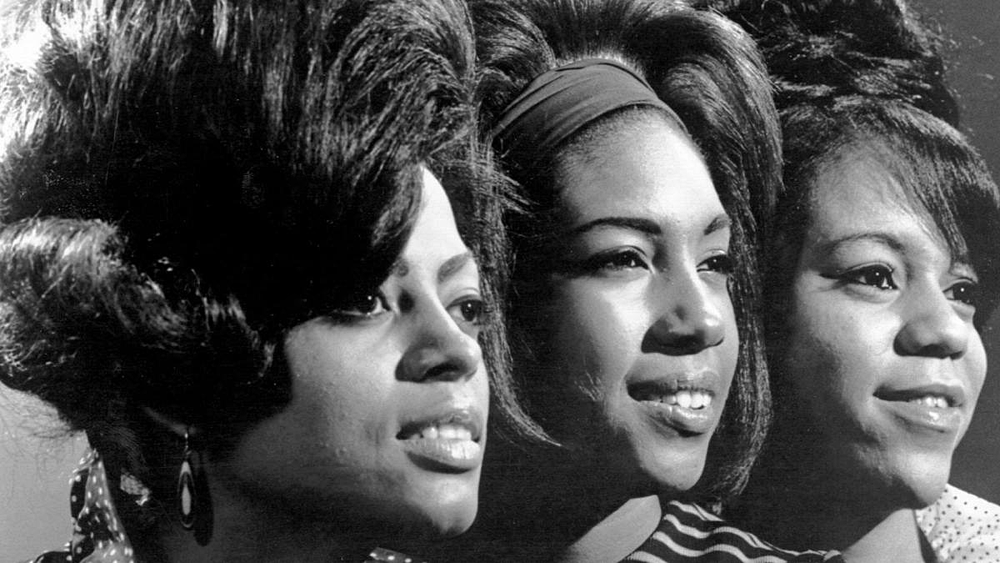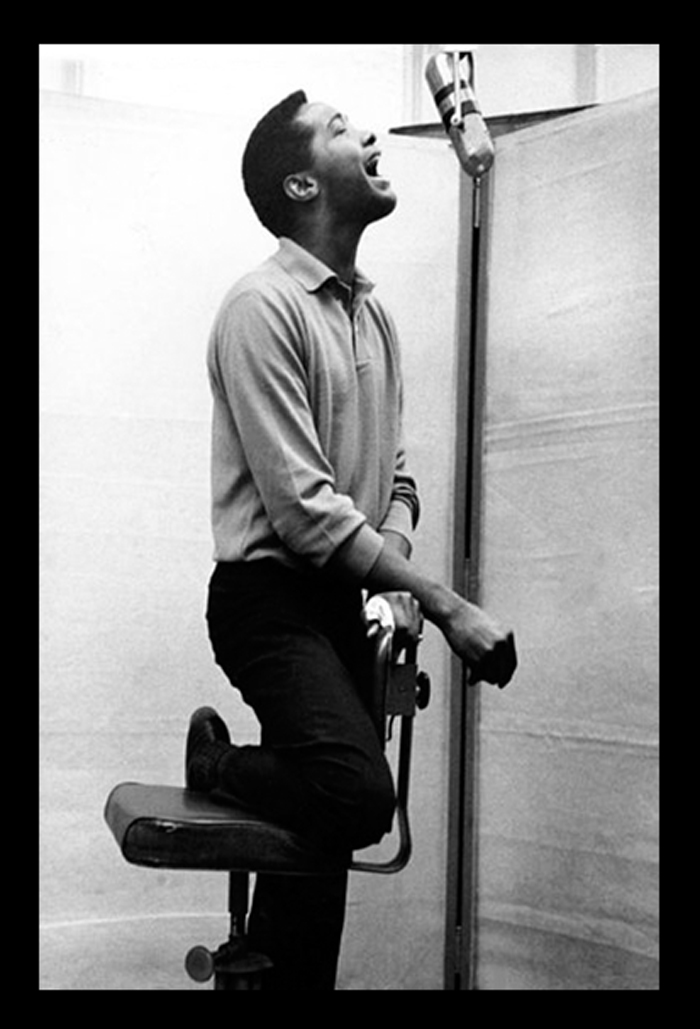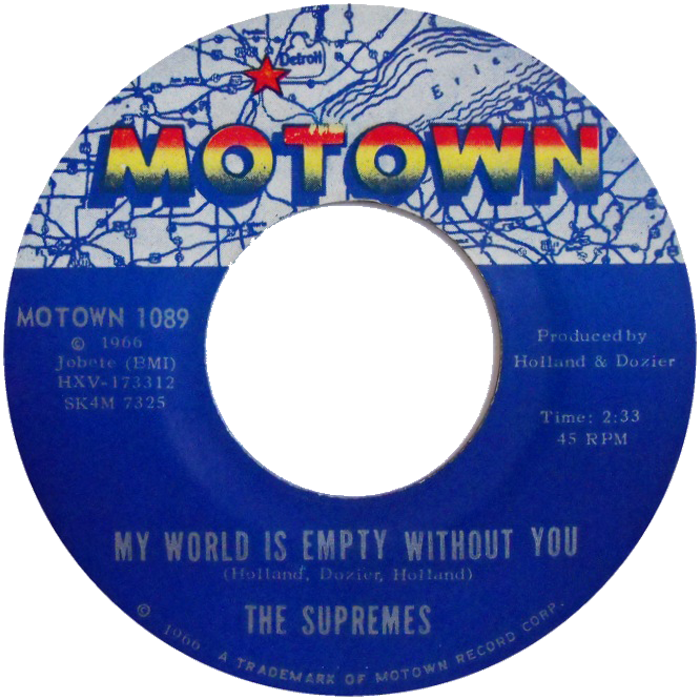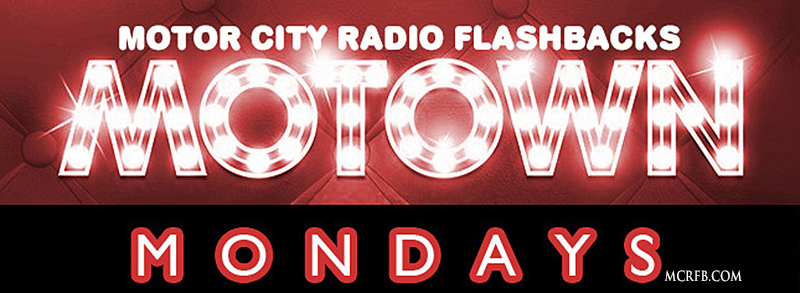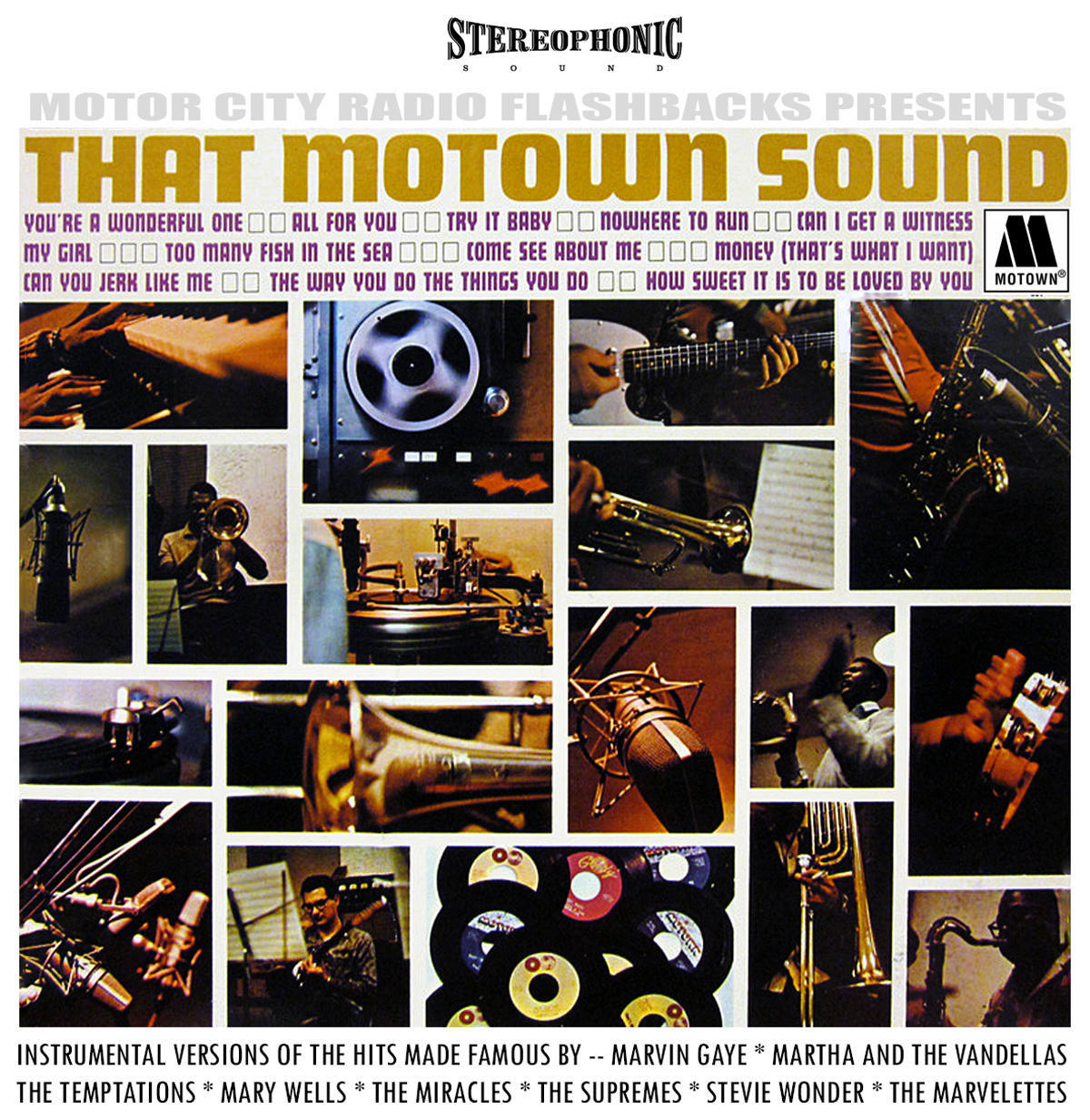 From the MCRFB NEWS archive: 1969
From the MCRFB NEWS archive: 1969
Consultant See Radio Top Playlists Out in Near Future
NEW YORK – “Within the next three years the basic concept of playing a top 30 record or a top 40 or a top 60 will go out the window, according to Bill Drake, programming consultant. Stations just won’t be doing that sort of thing anymore . . . at least not those stations that want to appeal to a mass audience. In my opinion, there are again going to be many radio stations where the records played will be a matter of judgment.” To survey record stores is great; it’s possibly the only base you have of determining whether a record is popular or not in your market, he said. But some of the albums today are selling whether they get played on the air or not. He felt that some stations with a small audience are going to make a larger impact on record sales than some stations with larger audiences.
Many radio stations today are not reaching the full potential of the possible mass audience . . . just as record sales on many records are not meeting their full potential.
“As far as reaching a mass audience is concerned, you have to have some sort of foothold at a broad base of appeal. When your music approach or the approach
of your personalities is too hard or too soft, the broad base of audience is going to dwindle.” he said.
No Danger Flags
“There are no real danger flags to tell when a station is slipping or not doing its job right. It’s almost intuition. It’s more of a feeling than anything else. It may be a lack of interest in the sound or it may be that you feel you’re not really stimulating any more. Actually, I guess it’s a lot of little things.”
And there’s no magic wand to correct things. Every station has to control its own destiny. You can’t operate a station by remote control.
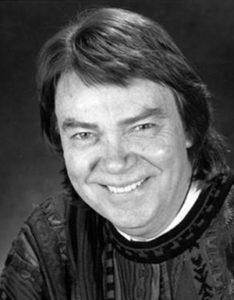
“What we have going for us, to tell the truth, is a brain trust. Any time any of the stations we consult have difficulty, I can bring almost a dozen top-notch radio men into the market to analyze the situation, starting with Bill Watson, who’s over-all national programmer for our firm. But we also have such minds as Ron Jacobs and Gary Mack on tap. I’ve never gone out and shouted about any ratings we’ve achieved because you first have to substantiate it. I’ve always taken the attitude that you can have a fluke success in a ratings book, but all of the ratings firms will agree over a long period of time. This is why it’s so stupid to fire a deejay because his ratings dropped. I feel it’s my duty to constantly go back and improve and if something bad does happen, then it needs special concentration on it – like KFRC in San Francisco where no Top 40 station has a very good ratings picture at this time. Four members of the braintrust went into the market to study the situation. This, again, brings you back to the music problem: You have to reach for that broad appeal. So many people in radio are afraid they will miss the latest fad. But it’s a sad state of affairs if you have to depend on the latest fad in radio or records like the Beatles or Elvis because when the fad changes you’ll be left with egg on your face and find your audience has disappeared.
One Secret
“I think one of the secrets in mass appeal programming is related to the fact that Motown Records doesn’t want to produce r&b records – they want to turn out records that are both pop and r&b. Country artists are now trying to be both pop and country.
“Part of our KFRC situation was as a result of paying too much attention to a fad. I was told: ‘But this type of music is drawing 3,000 kids a night into the Avalon Ballroom.’ And I said: ‘Great. But you should hang around the Cow Palace when Billy Graham is there. He’ll pack that place. Yet this is not exactly the best reason I know for rushing back to a radio station and putting on your George Beverly Shea records.”
The character of the people has changed in the world, he said. Everybody talks about the generation gap. There has always been one, but it’s probably wider today than ever before. If you admit that the gap does exist, then you have to consider that Fats Domino today is middle-of-the-road. This is why in “Parade ’69” syndicated programming “we went after the largest possibly audience available to FM-the 18 to 34 age group that we felt would own FM sets.
“WOR-FM in New York, one of the stations we consult, just ranked fifth in a January/February ARB -among all stations. And in adults 18-34, we were second by WABC in the 6 a.m.- midnight Monday through Sunday period. What this survey also showed was that WOR-FM had a cume of 1,880,000 during a week, reaching 146 per cent more listener impressions than the next highest FM station in New York.
“If you had to compare the programming on WOR-FM, I guess you’d classify it as a little more rocky and r&b than our ‘Parade’ programming. Bot ‘Parade’ is already showing threes and sixes in some of the markets where it’s on the air. We’ve signed agreements for 25 stations and it’s now on the air on 15 of these.
“Personal judgment plays a major role in the selection of the music for this programming – we might only be playing 17 of the top 20 records of the time. And personal judgment was a key factor in the 48 -hour “History of Rock ‘n’ Roll” special that we put together. Like many people, I’m a record buff and when I get some friends over to the house I’ll put one some albums and would find myself telling everybody: ‘Did you know that Berry Gordy wrote nine of the songs on this album?’ That led me to thinking what a groovy thing it would be to do this on radio. You can’t tell me that people would have been as interested in the special, which gathered astronomical ratings everywhere. if we’d just played the records because we play 80 per cent of them anyway. It was the information about the artists and the interviews with the artists and record producers that created a special kind of excitement about the show. A major auto manufacturer now wants to buy the show to introduce its new cars with this September. Two TV producers are thinking of transferring the concept to television. We’ve had countless requests for the show and it’s now in syndication.”
Collective Effort
Programming, in general, has to create a collective effect, he said. There’s not any individual record that can make you a success. And this is where personal judgment in the records a station plays will be more and more significant in years to come. END
___
Information and news source: Billboard; March 29, 1969
![]()




